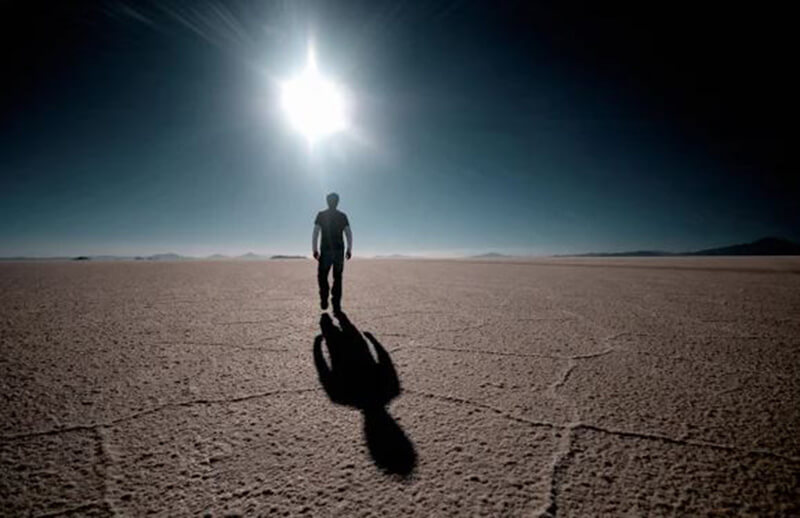How Long Can You Survive Without Food
The term of survival without meals is influenced by factors like bodyweight variant health considerations and, most of all, the existence or lack of dehydration.
Dependable information on survival is tough to acquire for starvation in healthy people receiving hydration. In age 74 and slight of build, the nonviolent campaigner for the independence of India, Mahatma Gandhi, endured 21 days of starvation while letting himself sips of water. Other reports of long-term survival of starvation have been substantiated. ]
Unlike starvation, near-total starvation with hydration has occurred often in patients under supervision and in the background. Survival for several months is normal in concentration camps and through famines, but the caloric consumption during those days makes it impossible to predict survival. What’s evident is that the body is able to moderate metabolism to conserve energy and survival varies. It happens through changes in thyroid function, although the human body’s capacity is poorly known. This can help clarify the persistence of genes resulting in diabetes, which might have enabled people by allowing efficient use of energy to survive periods of starvation.
Medical professionals experience cases of near-total starvation in patients afflicted by, among other ailments, anorexia nervosa and end-stage malignancies, in addition to in those subsequent so-called starvation diets. In anorexia, death from organ failure or myocardial infarction is quite common (around 20 percent of cases finish this manner ) and will occur when body fat has dropped to between 60 and 80 pounds (though it can happen at any time). This weight usually corresponds to your body mass index (BMI) approximately half normal, roughly 12 to 12.5. Unless other causes fractures, a patient having end-stage cancer expires after dropping 35 to 45 percent of the body weight. Obese individuals on near-starvation diets, like those employing supplements and consuming less than 400 calories daily, may lose more weight than this –they begin with excesses. The health community has reversed those diets, which have been popular since participants were prone to severe myocardial infarctions.

I recall one especially experience that exemplifies the variability in people’s capacity to live on little food. Called in a crisis to observe an out-of-town visitor Saturday afternoon, I noticed his thinness that was conspicuous, together with a belt revealing twelve holes about one-inch periods. He asked him about his weight and he explained that he had been five feet, seven inches tall and usually weighed about 145 pounds, but he believed he’d remarked ¿a ¿ recent reduction, ¿perhaps ¿ down to approximately 100 pounds within the year. Hen’t tried to eliminate weight, since he believed thinner was even better however, it did not bother him. He simply did not feel like eating much. With clothes on, he weighed only 77 lbs. I never heard from him, after he left town for therapy, without detecting any ill results, but he had lost his body fat.
Compared to starvation with accessibility to fluids, more is understood about survival with no sustenance (neither meals nor hydration), and it can be a far more significant practical consideration in medicine and integrity. This scenario comes up often in two different medical classes –that the incompetent terminally ill patients for whom synthetic care of lifestyle is no longer wanted, and the people who, but not always terminally ill, no more desire to live and opt to refuse hydration and food to finish their own lives.
Since that time, of quitting sustenance in patients in a 15, a number of incidences are reported and death occurs after 10 to 14 days. (If the person is dried or over-hydrated, the timing may vary from approximately a few weeks.) Even though the utilization of ice chips or sips of water can delay this on a time period, passing ensues in scenarios of voluntary denial of hydration and food.
